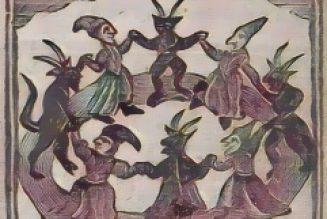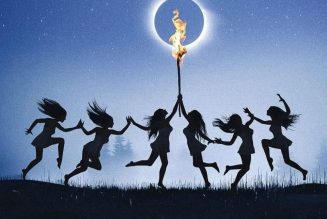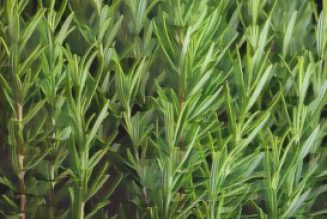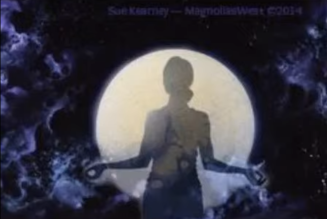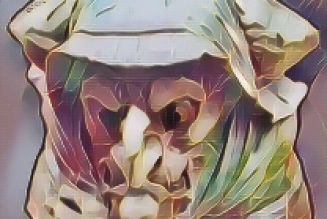Folklorists believe that the first festivals arose because of the anxieties of early peoples who did not understand the forces of nature and wished to placate them.
The people noted the times and seasons when food was plentiful or not and reacted accordingly.
Harvest and thanksgiving festivals, for instance, are a relic from the times when agriculture was the primary livelihood for the majority.
Festivals also provided an opportunity for the elders to pass on knowledge and the meaning of tribal lore to younger generations and give them the opportunity to let off steam in an acceptable yet controlled way.
A general agreement exists that the most ancient festivals and feasts were associated with planting and harvest times or with honoring the dead.
These have come down to us in modern times as celebrations with some religious overtones.
Harvest festivals are still carried out in many Christian churches and celebrate the fullness of the harvest.
Among the most attractive are the harvest-home festivals in Britain where, in the autumn, parish churches are decorated with flowers, fruits and vegetables.
Harvest suppers where a community joins together to celebrate the bountiful harvest have their beginnings in the pagan beliefs of the three harvest sabbats (Lughnasadh, Mabon and Samhain) belonging to the Wheel of the Year.
